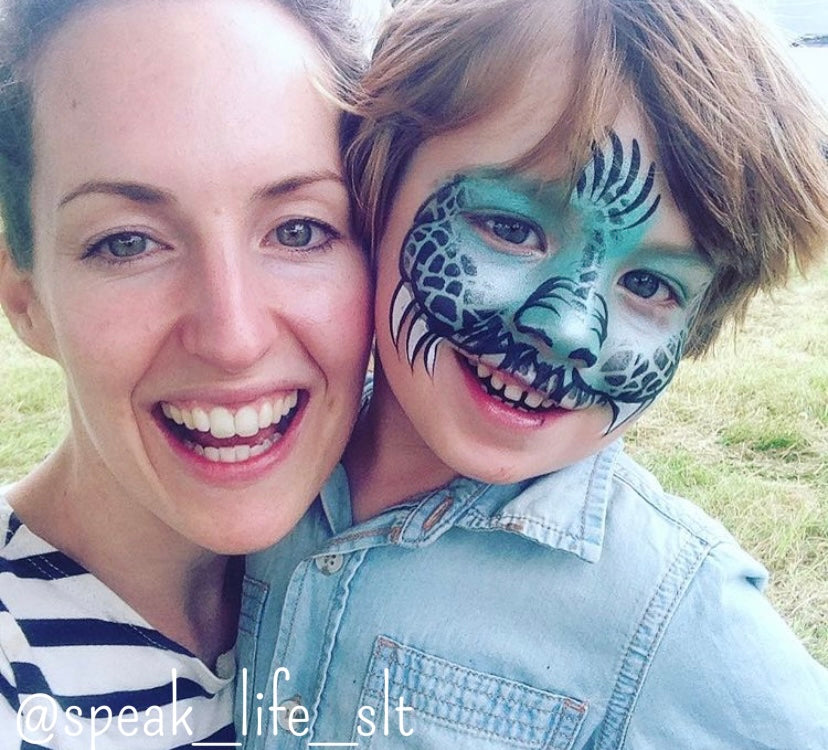
Support Your Child's Communication
Share
Guest Blog Post by Speech and Language Therapist - Amy Moore (Speak Life SLT)
So you have been following playHOORAY! and now have some fantastic ideas to engage your little one in play, but have you ever thought about your role during that play?

We know that the parent/carer has such an important role to play in their child’s speech, language and communication development BUT we are not told how and what to do. Parents often spend time learning about the birth of their baby and how to look after a newborn, but how to develop a child’s communication isn’t often discussed…I am here to change that!
If you want to learn some simple tips to support your child’s communication in play then read on:
As a speech and language therapist working with children in the ‘wonder years’ (ages 0-5) it is my passion to share with parents simple changes in their interaction which help foster their child’s speech, language and communication skills.
First let’s break down what we mean when we use the terms, ‘speech’, ‘language’ and ‘communication’.
SPEECH: We are referring to the sounds a child is making, how they are saying their words, their clarity and ability to get their words out.
LANGUAGE: We are talking about the actual words and sentences a child can use and put together, and making sense of what people say.
COMMUNICATION: This is how a child is getting their messages across, this can be verbal and non-verbal (gestures, points, body language, facial expression) and also covers being able to understand another persons message.
It can sound overwhelming as ‘communication’ covers a range of complex skills, but children are (in most cases) born ready to communicate and will do the hard work. Day by day through everyday moments and play the majority of children will develop these skills in an expected pattern. Its important to note here that if your child is not developing these skills as you would be expecting them - please know it is not your fault! All children have differences in their learning and some need extra support or a different approach (thats where Speech and Language Therapists come in). The strategies I share below arenas that all children will benefit from. If you have any concerns about your child’s communication skills a Speech and Language therapist can give specific advice.

So back to play…
Imagine your child is engaged in play - here are your simple strategies to support your interaction with them:
Make sure you are in a face to face position with your child
This supports your child’s attention and listening and makes it easier for them to see and hear you talk
Allow your child to explore the activity freely and in their own way
This will again aid their attention, support their thought process and prevent frustration for your child and you. This often means letting go of your expectations of how a child ‘should be’ playing.
Practice ‘sensitive observation’
Take time to observe HOW your child is playing and WHAT they are interested in (like you are working out what they are thinking about)
Use simple language
Once you have a feeling what it is your child is interested in you can name what they are looking at or comment on what they are doing
Remember to Speak SLOWLY
This helps your child hear the sounds that make up words, and gives them time to think about them
THEN WAIT!
Waiting is very powerful - it shows your child you are interested in them. Its a good idea to give a good amount of time for your child to think and respond - a good rule is to count to at least 10 before saying anything else (research has shown that young children take on average around 13 seconds to process language and respond 🧐)
REMEMBER your child may respond ‘verbally’ with a sound, a word, a sentence or ‘non-verbally’ with a subtle look/smile/point or they may show you something . As non-verbal communication develops first we need to be understanding this as a ‘turn’ in a conversation. Then your role is to respond to this - again with a simple word or comment.
Then WAIT AGAIN for their next ‘turn’ in the conversation. This also supports your child to take the lead in the play as you are not directing but watching and responding.
It’s important to note that this way of interacting is quite intense and can feel quite new and different to how we may normally play with our child. You do not need to interact like this all the time - little and often - even 5 minutes a day would benefit your child. Also remember if you are not genuinely enjoying this time - children pick up on it. So don’t force this time! It’s important you are just as engaged and enjoying the moment as they are - if not maybe try another time
As I mentioned before, If your child is having a difficult time with their communication (this could be struggling to learn new words, having lots of tantrums / overwhelm or they can not yet give eye contact) a Speech and Language Therapist (SLT) can help. And again remember that if your child is struggling with their communication you have not done anything wrong, some children need to learn these skills in a slightly different way - that’s why I do the job I do!
If you want more advice on all things regarding communication development please follow me on @speak_life_slt
On my instagram page I write about the theory behind communication development, give advice and ideas for you to support your child and share part of my parenting journey with my two boys. I am also working on some high quality FREE video content that will be available soon on the page.
I believe every child deserves the chance to reach their full communication potential and as parents we have a wonderful role to play, let’s keep encouraging each other as we raise this next generation well.
Keep speaking life over your little ones,
Amy

